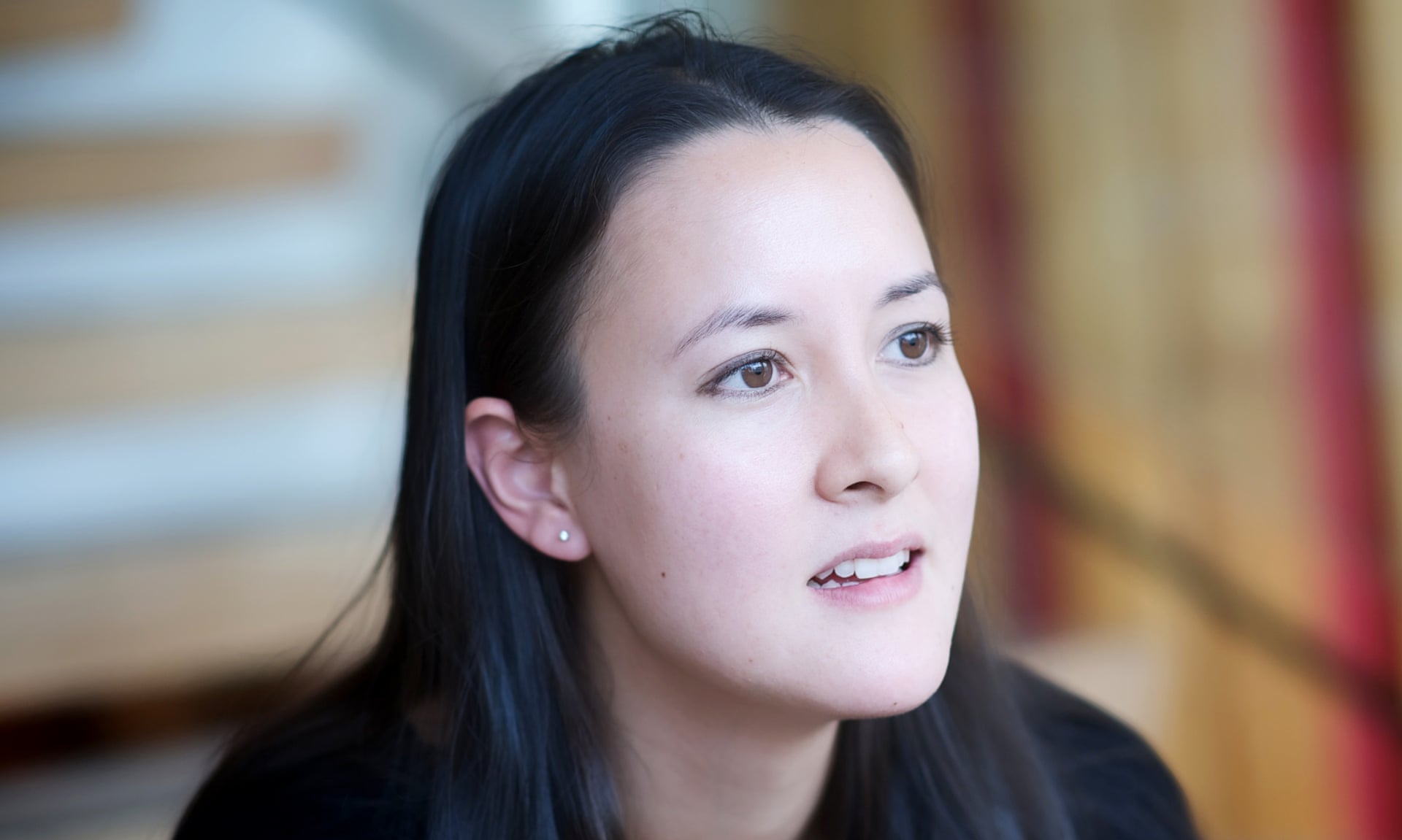Meet Team One Drop: Dr. Chandra CrudupPosted in Arts, Autobiography, Census/Demographics, Identity Development/Psychology, Media Archive, United States, Videos on 2016-01-14 03:47Z by Steven |
Meet Team One Drop: Dr. Chandra Crudup
Fanshen Cox
2016-01-12
Meet One Drop of Love’s Production Manager, Dr. Chandra Crudup. She makes sure all technical aspects of the show are in place and lends lots of other support to Fanshen when we travel. She also often calls the show and hosts our Q&A talkbacks. She has her PhD in Social Work and is an experienced actor, choreographer and theatre producer. She’s also on the Boards of Mixed Roots Stories and MAViN. We are so grateful to have her on the team!
One Drop of Love is a multimedia one-woman show exploring the intersections of race, class, gender, justice and LOVE.
For more information, click here.
